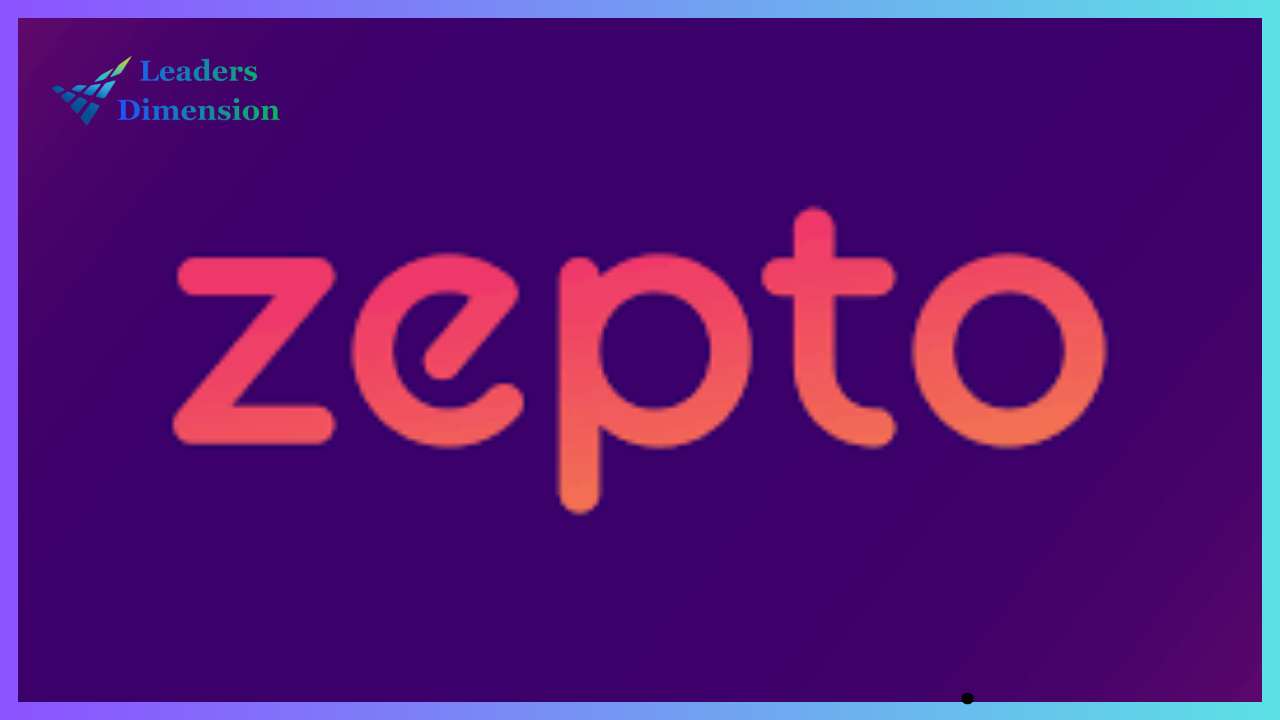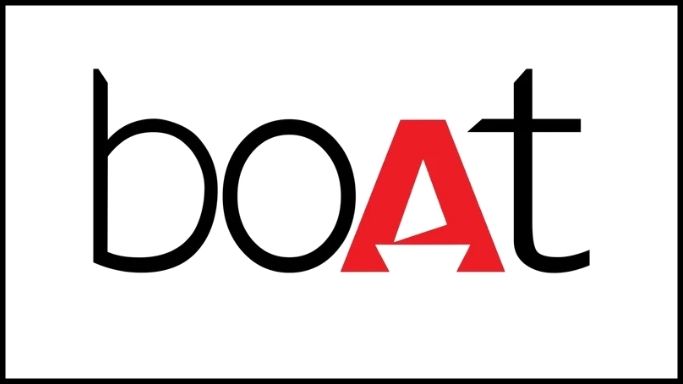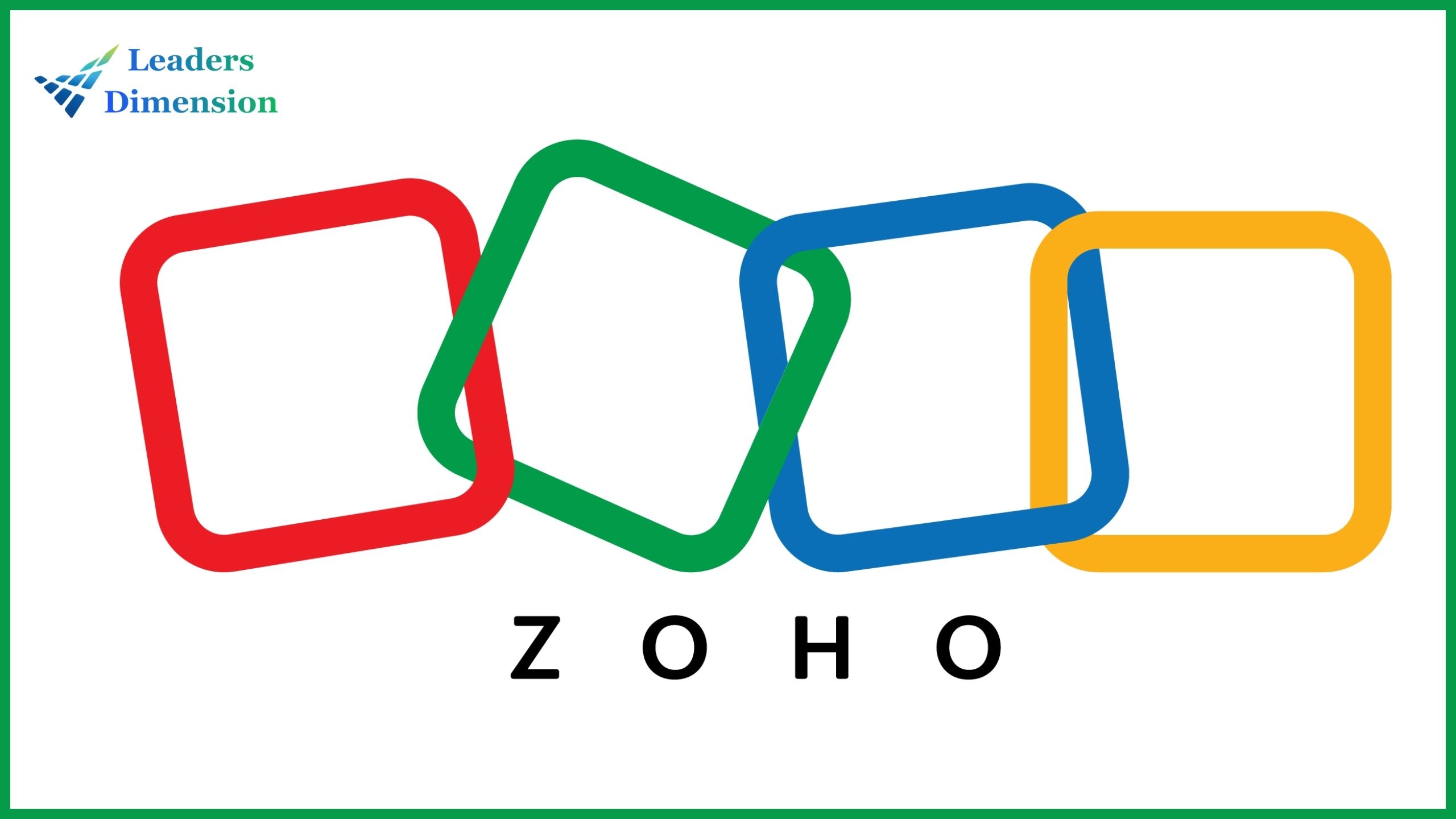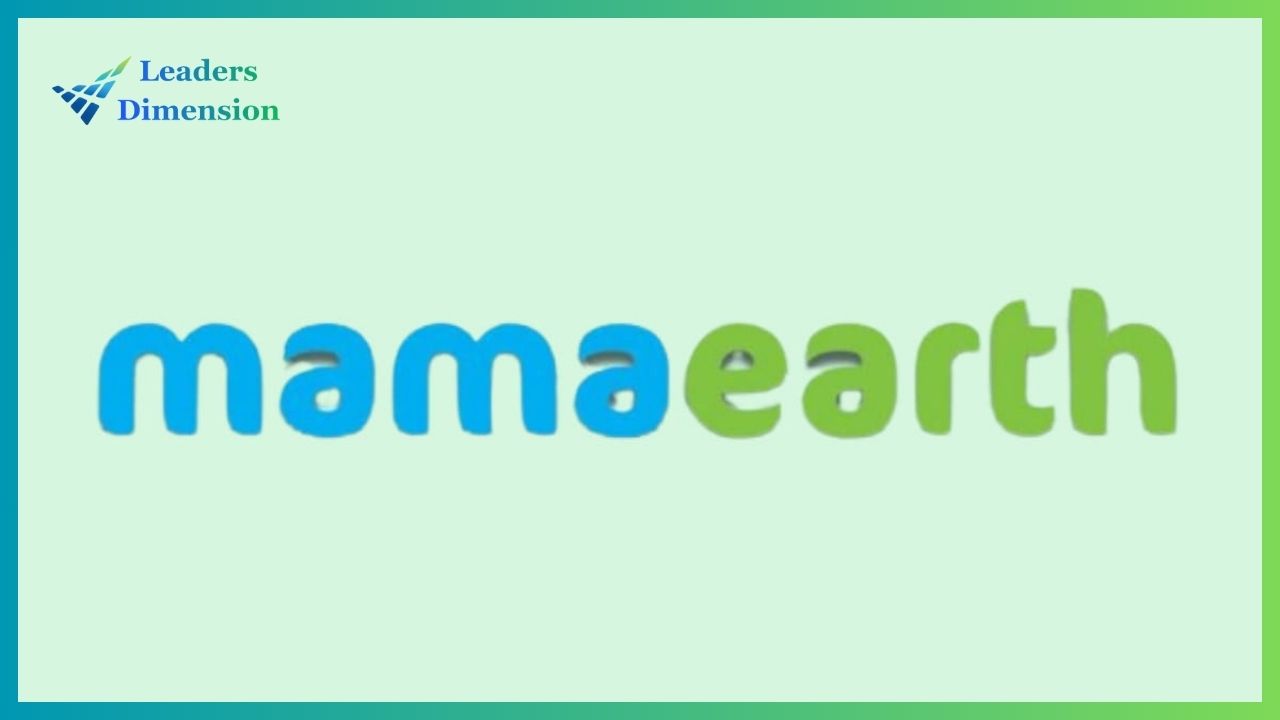Zepto: Revolutionizing India's Grocery Delivery Industry with 10-Minute Deliveries
The digital landscape is evolving at an unprecedented pace, and industries are being reshaped to meet the changing demands of tech-savvy consumers. One of the most significant shifts has occurred in the grocery delivery sector, where convenience and speed are paramount.
A grocery delivery service that can bring daily essentials directly to your door within minutes is no longer a luxury—it's an expectation.
In this context, Zepto, a Mumbai-based startup founded in 2021, has emerged as a trailblazer, setting a new standard with its promise of delivering groceries within 10 minutes.
The Story Behind Zepto: Founders and Vision
Zepto was founded by Aadit Palicha and Kaivalya Vohra, two childhood friends who walked away from Stanford University's prestigious computer science program to pursue their entrepreneurial dreams.
Both 19 at the time, Aadit and Kaivalya shared a vision of transforming the way Indians shop for groceries, addressing the growing demand for fast, reliable delivery services in a post-pandemic world. Their journey started with KiranaKart, a platform aimed at digitizing local grocery shops, which later evolved into Zepto.
Having recognized the emerging trend of quick commerce—ultra-fast delivery of essentials—they sought to bring it to India, a market poised for tremendous growth in online grocery shopping.
With rapid urbanization, changing consumer habits, and an increasingly tech-savvy population, India presented the perfect opportunity for innovation in grocery delivery. Zepto's mission was simple but ambitious: to provide customers with an ultra-fast and hassle-free grocery shopping experience.
How Zepto Works: The 10-Minute Delivery Model
Zepto’s success hinges on its ability to deliver groceries within 10 minutes, a bold promise that distinguishes it from competitors in the market. But how does Zepto achieve such an impressive feat?
The company’s operational model relies on the strategic use of dark stores, also known as micro-warehouses or cloud shops, which are located in high-density urban areas.
These stores are designed specifically to facilitate quick, efficient picking, packing, and delivery.
Zepto currently operates over 86 dark stores across 13 cities in India. These stores are optimized for speed, with employees picking and packing orders in minutes before dispatching them to customers.
The delivery network is equally robust, using data and technology to ensure that riders take the fastest routes to their destinations. Zepto has also integrated real-time tracking, allowing customers to monitor their deliveries as they happen.
The company offers a wide variety of over 5000 products, ranging from fresh produce and daily essentials to health products, all of which can be ordered and delivered via the Zepto app with just a few taps.
By leveraging advanced algorithms, Zepto optimizes inventory management and reduces delivery times, allowing it to fulfill its 10-minute promise consistently.
The Rapid Growth of Zepto
Since its launch, Zepto has experienced remarkable growth. Within the first year of operations in 2021, the company completed over one million deliveries and developed a loyal customer base. This rapid expansion can be attributed not only to Zepto’s operational efficiency but also to its focus on customer satisfaction.
The startup's growth caught the attention of investors, propelling it to unicorn status by 2023 with a valuation of $5 billion as of August 2024.
Zepto’s quick ascent is a testament to the strength of its business model, which taps into the booming quick commerce market. According to industry analysts, India's quick commerce market is expected to grow by 10–15 times by 2025, reaching a value of $5.5 billion.
The Indian Online Grocery Market: A Booming Opportunity
The rise of Zepto comes at a time when the Indian online grocery market is undergoing explosive growth. As per IMARC Group's analysis, the market was valued at $6.8 billion in 2022 and is projected to reach $37.0 billion by 2028, with a staggering compound annual growth rate (CAGR) of 31.3% during this period.
Several factors have contributed to this boom, including increasing urbanization, the widespread adoption of smartphones, and evolving consumer habits.
The COVID-19 pandemic played a pivotal role in accelerating this shift.
As lockdowns and social distancing measures became the norm, consumers increasingly turned to online platforms for their daily needs.
Grocery shopping, once a task that required a trip to the store, quickly became a digital activity for millions of Indians. Zepto capitalized on this trend, offering not just convenience but also safety by delivering groceries quickly and minimizing human contact.
Moreover, the Indian quick commerce market is set to surpass other global markets, including China, in terms of growth. Consumers are increasingly seeking solutions that fit their busy lifestyles, preferring the speed and ease of quick commerce to traditional grocery shopping. Zepto, with its efficient 10-minute delivery model, is perfectly positioned to lead this charge.
Challenges and Competitors in the Quick Commerce Market
While Zepto’s journey has been impressive, the company is operating in a highly competitive market. Several global and local players are vying for dominance in the quick commerce space, each aiming to reduce delivery times and provide better service. Competitors like Blinkit, Swiggy Instamart, Gorillas, and JOKR are all working towards similar goals, with some already establishing significant market share.
Blinkit (formerly Grofers) and Swiggy Instamart have built strong networks and partnerships, providing stiff competition to Zepto in terms of both delivery speed and product variety.
Global giants like Gorillas and JOKR, which have seen success in Europe and Latin America, are also expanding their operations into other markets, adding to the pressure on Zepto.
However, Zepto’s focus on India’s unique market needs, coupled with its localized operations and customer-centric approach, has helped it carve out a niche. By investing heavily in technology and logistics, Zepto continues to refine its processes, ensuring that it stays ahead of the curve.
The Road Ahead: What’s Next for Zepto?
As Zepto continues to grow, it faces both opportunities and challenges. The company’s future will depend on its ability to scale its operations while maintaining the ultra-fast delivery model that sets it apart.
With the Indian grocery market expected to grow exponentially over the next few years, Zepto is well-positioned to capture a significant portion of this market. However, it will need to continue innovating to stay competitive in an industry that is constantly evolving.
One area where Zepto could expand is in the introduction of new services or product categories. As the company matures, it may look beyond groceries to include other essentials such as pharmacy products or household goods, further broadening its appeal to customers. Additionally, expansion into Tier II and Tier III cities could unlock new markets, tapping into the vast, untapped potential of India’s smaller cities and towns.
Zepto’s rise from a fledgling startup to India’s first unicorn of 2023 is a remarkable story of innovation, resilience, and foresight. By focusing on what matters most to modern consumers—speed and convenience—Zepto has revolutionized the grocery delivery industry in India.
With a strong foundation in place and the backing of major investors, Zepto is poised to remain a leader in the quick commerce space, shaping the future of grocery shopping for millions of Indians.
As the industry continues to evolve, Zepto’s journey will undoubtedly serve as a blueprint for other companies looking to make their mark in the rapidly growing world of quick commerce.
- 05 September 2024







